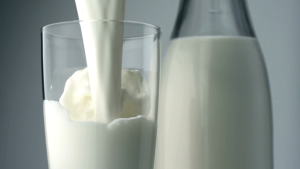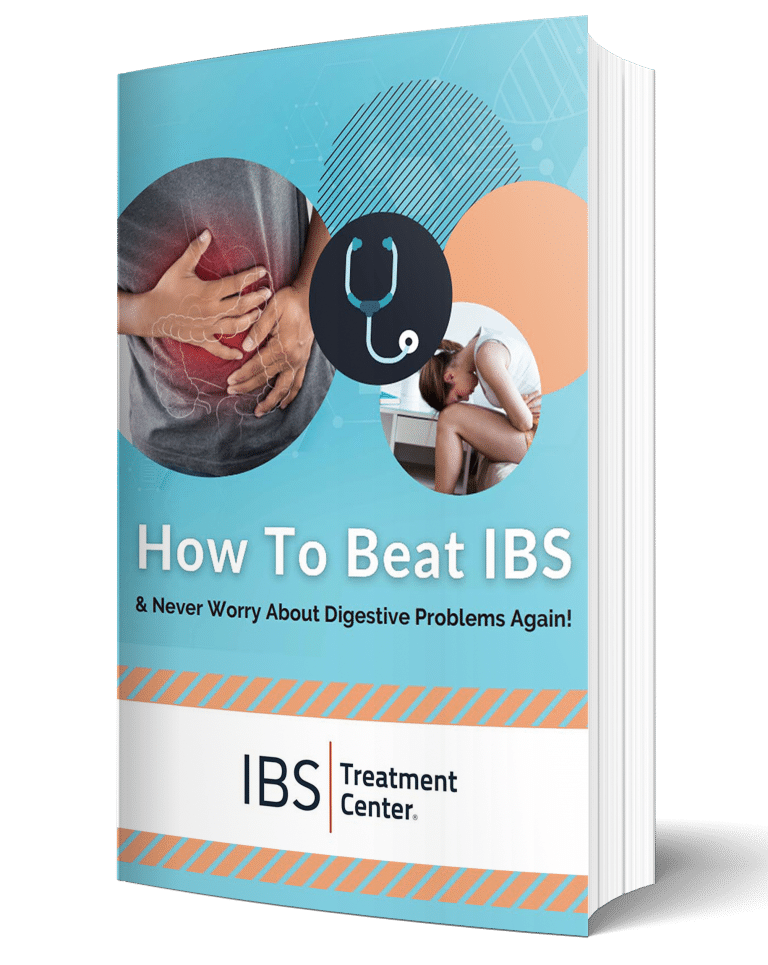If there were one food, other than sugar, that I would tell you to never eat, it would be milk. Yes, milk. And anything made from milk.
There is nothing natural about ingesting the milk of another animal. We didn’t evolve drinking milk from a cow. It’s for baby cows, and even cows naturally stop drinking milk before they are a year old.
And contrary to popular belief, dairy is not necessary for strong bones. Cow’s have huge bones, and they don’t drink milk. Big dinosaurs had even larger bones, and many of them were vegetarians. Which, when you stop and think about it, so are cows.
If that logic isn’t enough for you, we have even clearer evidence than that. In countries that do not ingest milk, they do not have more osteoporosis than we do. In fact, they generally have less osteoporosis than we do. A lot less.(1)
So based on these interesting facts, you might wonder if cow’s milk actually causes osteoporosis. And although you might think that I’m being dramatic or funny, I’m actually asking a serious question that we should be investigating. Because it might be true.
But that’s not the primary reason that I’m down on milk. It’s because of all of the so called healthy foods that people eat that I see cause health problems, cow’s milk is by far the number one cause.

I’m talking about when you have an immune reaction to a food, which is when you have antibodies to dairy products. That’s not normal. And it’s not healthy. And that happens a lot with dairy. It’s a reaction to the proteins in milk, not the lactose.
And when it’s happening, it means that when you ingest a dairy product of any kind, it’s triggering an inflammatory reaction. And in this case it doesn’t matter if it’s coming from an A1 cow or an A2 cow, or if it’s organic, or raw. It’s all still a problem.
And in case I need to remind you, inflammation is at the root of nearly all health conditions. And in my experience these kind of dairy reactions are at the root of many digestive problems, and a whole lot of other health problems too.
Science has never demonstrated that dairy is essential, or even beneficial, to your health. Not even bone density. The only reason that most people think this (and I’m including most doctors, especially the ones who are telling you to eat more dairy), the only reason we all think this is because the dairy industry has proven that marketing works. And it works really well. It works even better than science. Much better.
The dairy industry’s campaign to promote dairy is possibly the most successful marketing campaign of all time. Yes, there is calcium in milk. They jumped on that and you forgot that there is calcium in lots of other things too. And you forgot that bone density is about a lot of things, not just calcium. Got milk? No thank you.
Having said all that, I can’t say that it’s bad for everyone. I’ve seen lots of people who don’t have a reaction to dairy. But based on the thousands of patients that I’ve tested, A LOT of people do.
So I urge you to think very carefully about the food that you eat. Just because everyone tells you it’s good for you, does not mean that they are right. Although you should probably eat more vegetables.
If you need help figuring out which foods work for your body and which don’t, give us a call. That’s our specialty, and we work with people all over the U.S. and most of the world.
Resources:

Dr. Wangen is the founder and medical director of the IBS Treatment Center, the award winning author of two books, and a nationally recognized speaker on digestive disorders. He has been on ABC, NBC, and Fox as well as public radio, and was named one of Seattle’s Top Doctors by Seattle Magazine.

